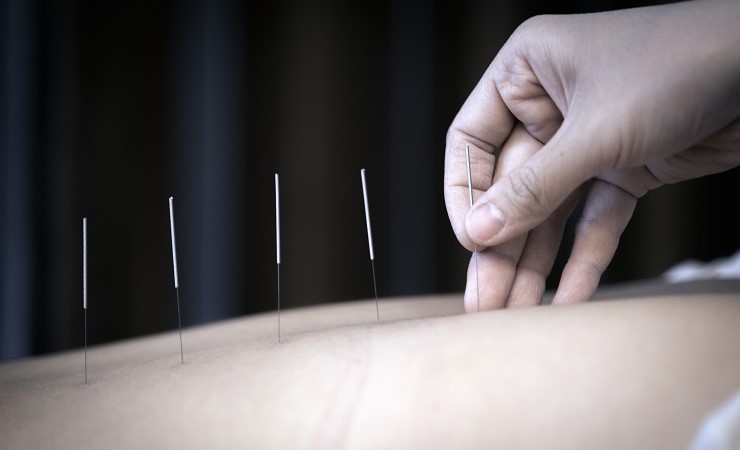What is Acupuncture?

Acupuncture is an ancient Asian medicinal art based on ‘meridian theory’ devised 5,000 years ago that involves the use of thin, cylindrical needles that are inserted into specific portions of the body called acupuncture points.
From the perspective of Traditional Chinese Medicine, the numerous functional— and, in the course of time, occasionally also substantial—disorders are disturbances in the area of circulation and the production of Qi and blood. By maintaining the flow of Qi and blood in the meridians, disorders can be managed and treated. Each of the acupuncture points act as a gate—sending energetic information electromagnetically via the fascia deep into the body.
Safe
Other than occasional bruising, little or no side effects have been observed and reported under the supervision of a trained and skilled TCM physician.
drug-free pain relief
If the flow of Qi in the meridians becomes blocked or there is an inadequate supply of qi, then the body fails to maintain harmony, and disease or illness follows. Acupuncture effectively treats a wide range of acute and chronic ailments without the use of any drugs.
Promotes Circulation
Acupuncture works to help maintain your system’s equilibrium. By using very fine needles at specific points on the body it regulates the flow of your body’s vital energy, or ‘Qi’. When Qi is in abundance and is flowing smoothly through us we thrive and our health is at its best.
How Acupuncture Works?
The essence of acupuncture mechanism in clinical application is microinjury, increased local blood flow, facilitated healing, and analgesia. Acupuncture needle stimulates the nerves in the local tissues. This causes the release of neuropeptides resulting in vasodilation and increased circulation locally. [1][2]
Acupuncture and its clinical applications, evidence-based, not limited to:
- Postoperative, chemotherapy-related nausea and vomiting, and postoperative dental pain [3].
- Acute or chronic lower back pain [4]
- Migraine [5]
- Osteoarthritis [6]
- Infertility and reproductive disorders[7]
In 2003, the World Health Organization (WHO) listed a number of conditions in which they say acupuncture has been proven effective. [8]
- High and low blood pressure
- Chemotherapy-induced nausea and vomiting
- Gastric conditions, including peptic ulcer
- Painful periods
- Dysentery
- Allergic rhinitis
- Facial pain
- Morning sickness
- Tennis elbow
- Sciatica
- Reducing the risk of stroke
- Inducing labor
